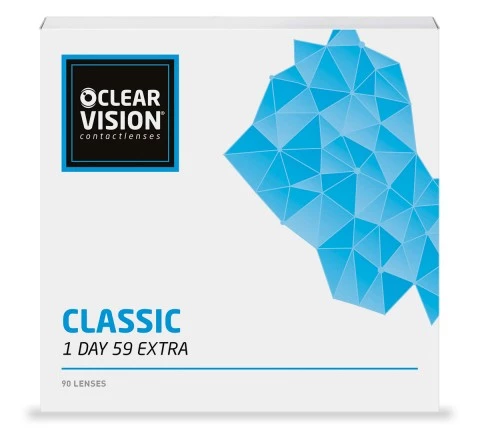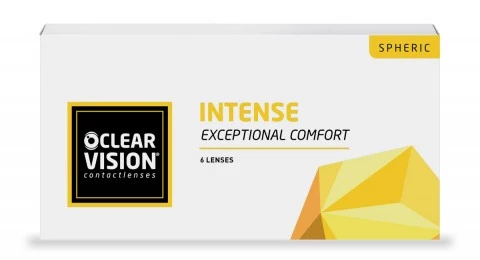
Should I buy monthly lenses or daily lenses?
The two most popular contact lens types are daily lenses and monthly lenses. Both have advantages and disadvantages. Which one should you choose?
What is the difference between daily contact lenses and monthly contact lenses?
When it comes to contact lenses, there are two main types: daily and monthly. Daily contact lenses are designed to be worn for one day and then thrown away, while monthly contact lenses can be worn for up to a month before they need to be replaced.
Daily contact lenses are great for people who have busy lifestyles and don't want to worry about cleaning and storing their lenses every night. They are also ideal for people who suffer from allergies or have sensitive eyes, as they are less likely to accumulate dirt and debris. Monthly contact lenses, on the other hand, are more cost-effective and can be a good option for people who wear their lenses regularly and don't mind the extra maintenance.
It's important to note that both types of lenses have their pros and cons, and what works best for one person may not work for another. In fact, many people find that a combination of daily and monthly lenses is the perfect solution. Daily lenses can be used for special occasions or when you need a break from your monthly lenses, while monthly lenses can be used for everyday wear. Ultimately, the choice between daily and monthly lenses comes down to personal preference and lifestyle.
I am using monthly lenses, should I switch to daily?
.
Are you tired of cleaning your monthly lenses every day? Do you find yourself constantly worrying about losing them or damaging them? If so, you may be wondering if switching to daily lenses is the right choice for you. While daily lenses may seem like the obvious choice, there are a few things to consider before making the switch.
Firstly, daily lenses can be more expensive than monthly lenses. If you're on a tight budget, this may not be the best option for you. Additionally, daily lenses may not be as comfortable as monthly lenses, especially if you have sensitive eyes. However, daily lenses are more convenient and hygienic, as you don't have to worry about cleaning them every day.
So, what's the solution? A combination of monthly and daily lenses can be very helpful. Use monthly lenses for everyday wear and switch to daily lenses for special occasions or when you need extra convenience. This way, you can enjoy the benefits of both types of lenses without breaking the bank or sacrificing comfort.
Can you switch between daily and monthly contact lenses?
Have you ever wondered if you can switch between daily and monthly contact lenses? Well, the answer is yes! It's totally possible to switch between the two types of lenses, depending on your needs and preferences.
Daily contact lenses are perfect for people who want the convenience of not having to clean and store their lenses every night. They're also great for people who have allergies or dry eyes, as they're less likely to accumulate allergens or irritants. On the other hand, monthly contact lenses are more cost-effective and can be worn for longer periods of time.
So, why not have the best of both worlds? A combination of monthly and daily lenses can be very helpful. For example, you could wear daily lenses during the week when you're busy and don't have time to clean your lenses, and switch to monthly lenses on the weekends when you have more time to take care of them. This way, you can enjoy the convenience of daily lenses without breaking the bank on monthly lenses.
Conclusion
When it comes to choosing between daily and monthly contact lenses, there are pros and cons to both options. Daily lenses are more convenient and hygienic, but can be more expensive and less comfortable for some people. Monthly lenses are more cost-effective, but require more maintenance and can accumulate dirt and debris.
However, a combination of both types of lenses can be a great solution. Using monthly lenses for everyday wear and switching to daily lenses for special occasions or when extra convenience is needed can provide the benefits of both options without sacrificing comfort or breaking the bank.
It's important to consider personal preferences and lifestyle when choosing contact lenses, and to consult with an eye care professional for advice. Additionally, there are products available to help with lens maintenance and comfort, such as cleaning solutions and lubricating drops.

Daily lenses
Take a look at our Daily lenses, perfectly comfortable every day without having the trouble of changing and cleaning your lenses every day.

 EU
EU 








